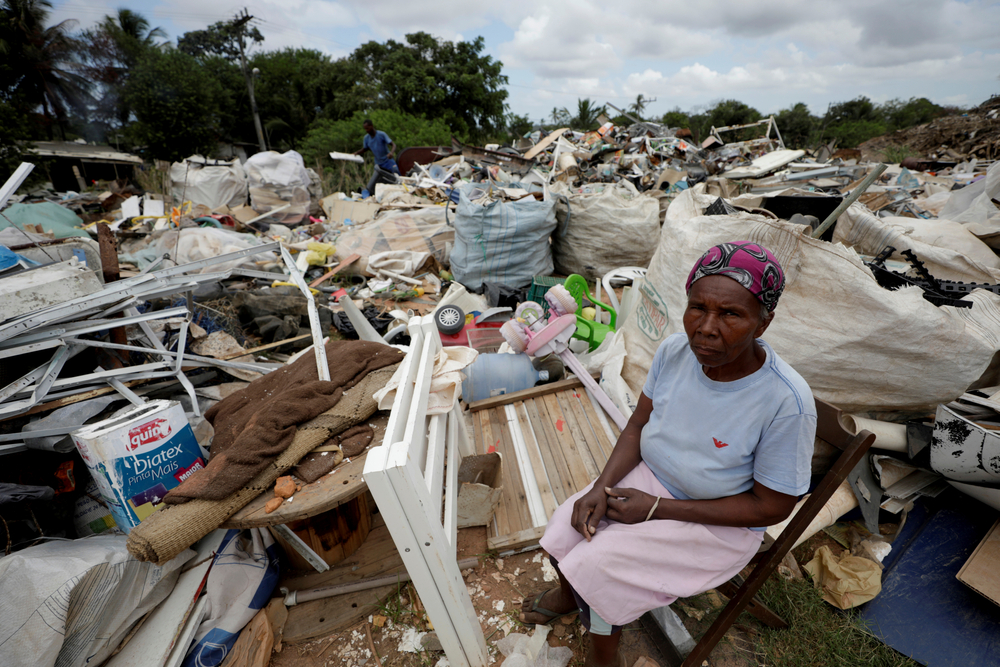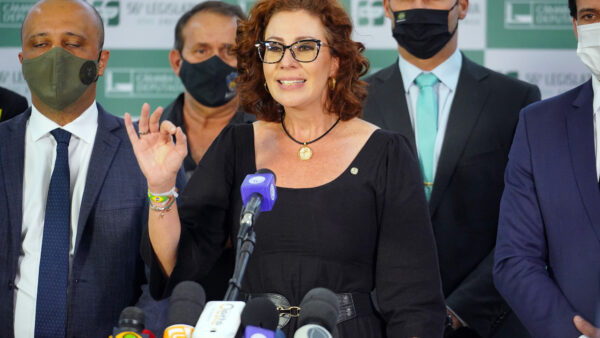The data is shocking: according to the Brazilian Research Network on Food Sovereignty and Security, almost 20 million Brazilians are currently experiencing severe food insecurity. In other words, nearly 20 million people go for a full day or more without having anything to eat. To put the number in perspective, this is roughly the number of people that live in the entire country of Chile. The figures represent an increase of almost 30 percent in relation to 2018, when 10.3 million people in Brazil were living in these conditions.
The variation across regions, genders, ethnicities, and education levels is striking. People in the North and the Northeast have been the most affected by hunger, with the Northeast alone being home to 7.7 million people experiencing severe food insecurity.
Starvation also affects households led by women, people with lower levels of education, and black people at higher rates. These trends have become worse during the Covid-19 pandemic.
As Brazil regresses back to hunger levels of the early 2000s, politicians across the ideological spectrum are either disconnected from the reality of suffering, incompetent, or both. No one is addressing the question that looms over the country’s future: how and when will the problem of hunger be...


 Search
Search






































